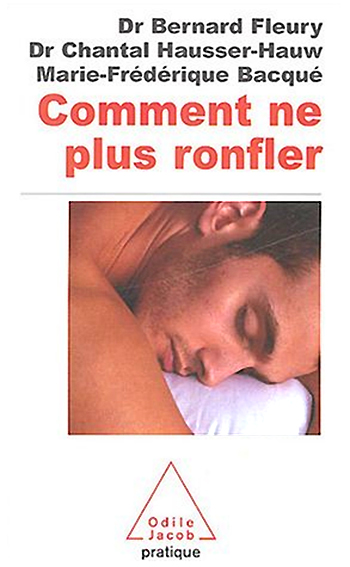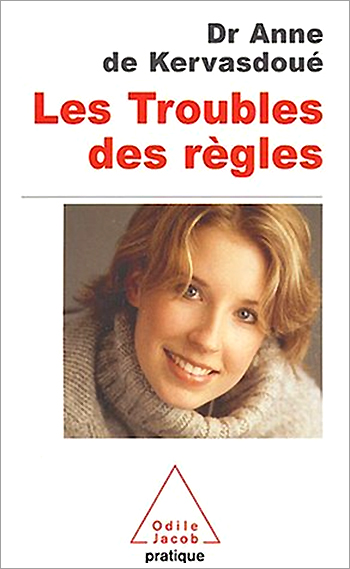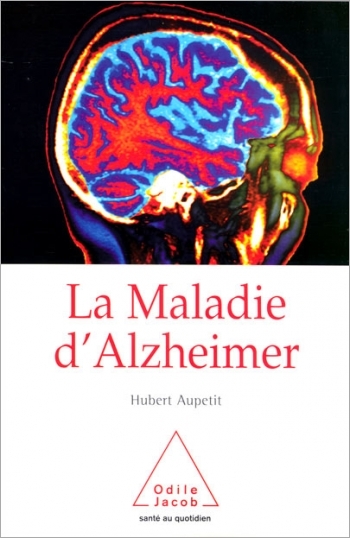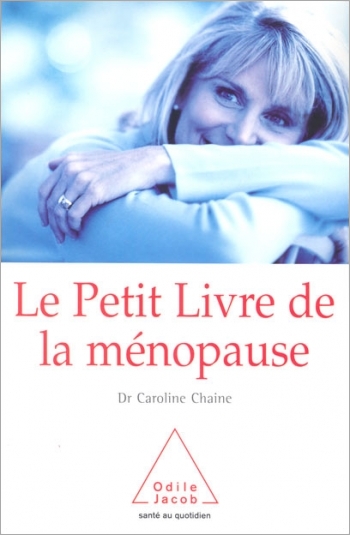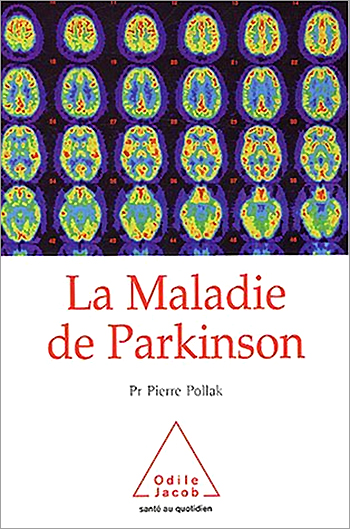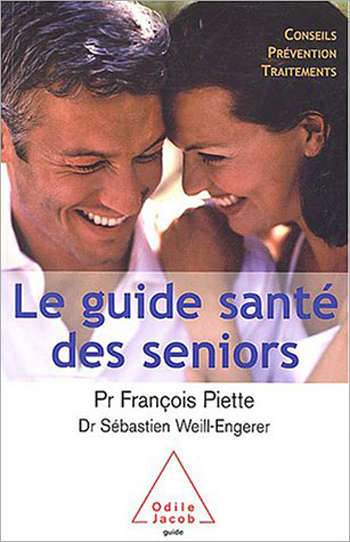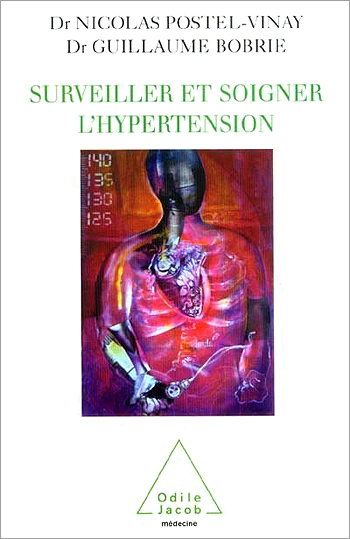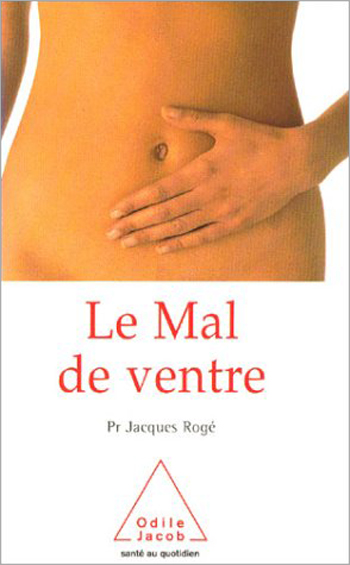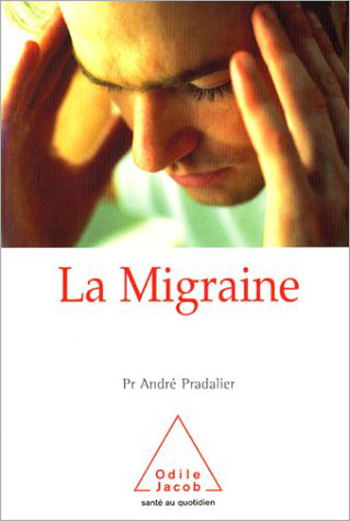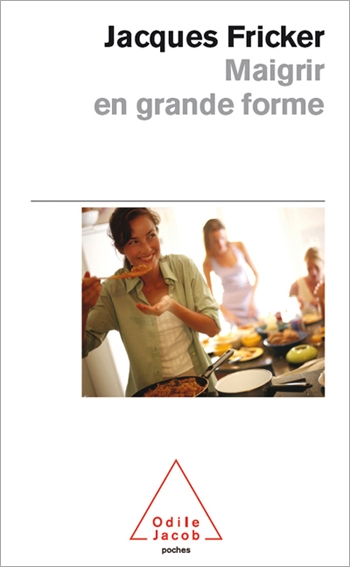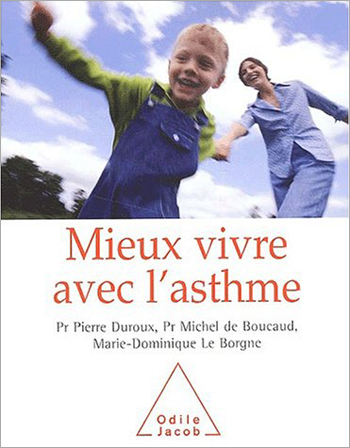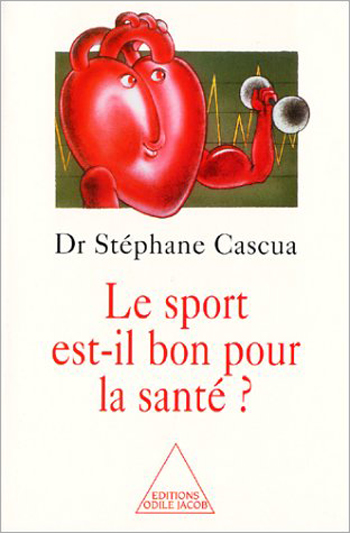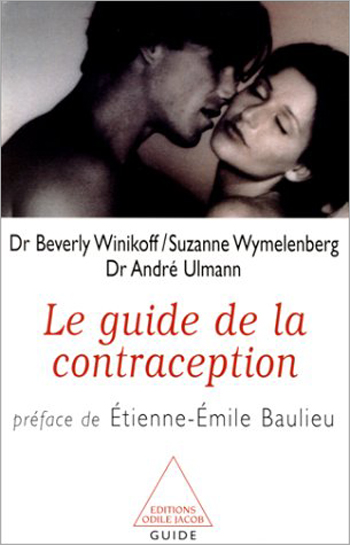Health and Fitness All books
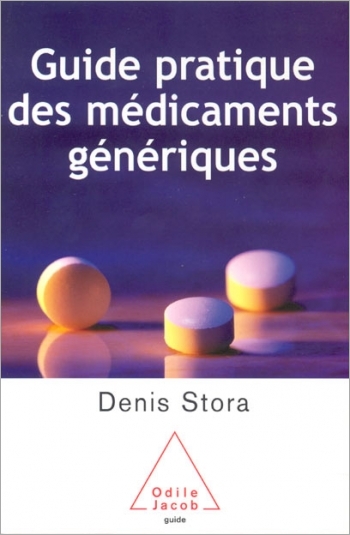
Denis Stora
Guide to the Main Medications and Their Generic Equivalents
Since October 2003, France's health-care system has required users to purchase generic medications, when these exist, if they wish their medical prescriptions to be covered. Physicians have agreed that 75% of all prescriptions will be for generic medications, and pharmacists are committed to making the necessary substitutions. Physicians, pharmacists and users will thus be utilising an increased volume of generic medications. Presented here in alphabetical order are the 150 molecules contained in approximately 1600 medications that are on the market today. More than a list of generic equivalents, this is an intelligent guide to medications. Each molecule listed is described with its pharmacological activity, therapeutic indications and contra-indications, dosages and major recommendations. This is a highly useful pedagogical guide, since brand names will gradually disappear in favour of their chemical names (paracetamol instead of Doliprane, fluoxetine instead of Prozac). Denis Stora, the holder of a doctorate in pharmaceutical studies, has been a licensed pharmacist for twelve years. He is a teacher and the author of numerous practical books for nurses and pharmacists.
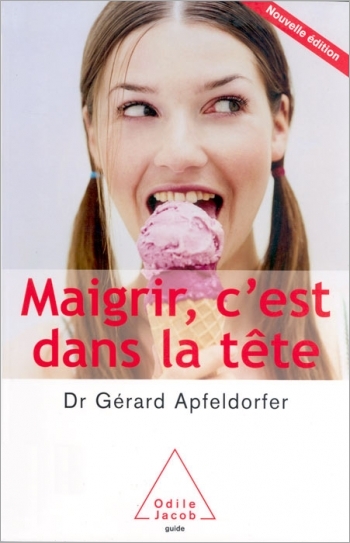
Gérard Apfeldorfer
Slimming: It's All in the Head New, revised and enlarged edition
Perhaps you think that if fat people wish to become thin all they have to do is lose weight - and to lose weight they just have to follow a slimming diet...
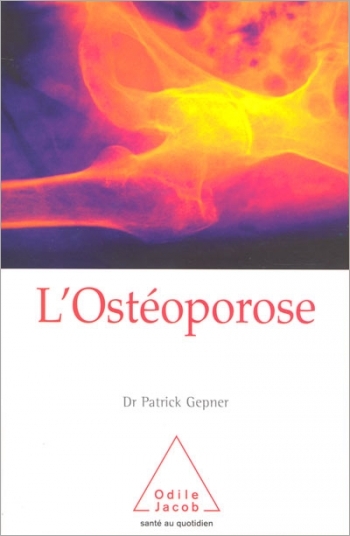
Patrick Gepner
Osteoporosis
Osteoporosis is characterised by a loss in the quality and quantity of bone tissue. The consequences are serious: they include fractures and the compression and curving of the spinal column, and the disease is responsible for more deaths than breast cancer. It is estimated that one-third of menopausal women suffer from osteoporosis, and the proportion is likely to rise as a result of bone damage caused by extreme dieting and anorexia among female adolescents. The fear of high cholesterol and weight gain among women older than 50 years of age is also responsible for decreased bone density. In addition, the incidence of osteoporosis among males is on the rise. Recently, there has been increased interest in the subject of osteoporosis, which has been described as "an invisible enemy" because it rarely produces symptoms. It is usually detected when a fracture occurs and by then it is too late. For this reason, early diagnosis and, particularly, prevention are of the utmost importance. Like the other books in the "Santé au Quotidien" series, this is a practical handbook, which reviews all that is known today about the disease and offers much useful advice: Which kinds of mineral water contain the most calcium? How can you eat plenty of calcium-rich milk products without gaining weight? Is hormonal replacement treatment during menopause an effective method of preventing osteoporosis? The outline of the book: When should you become concerned about osteoporosis? How is it diagnosed? What can you do to ensure good bones for life? How can osteoporosis be treated? False notions and honest tips. Patrick Gepner is a rheumatologist, practising at the Hôpital Foch, in Suresnes, near Paris. He is the author of Mal de dos, published by Editions Odile Jacob in the "Santé au Quotidien" series.
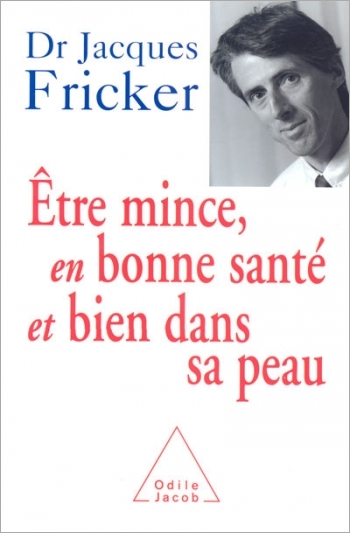
Jacques Fricker
Be Slim, Healthy and Feel Good in Your Skin
How should you eat to keep healthy while remaining slim? What should you do to maintain your ideal weight, without having to diet constantly and without putting on excess kilos over the years? If you have successfully followed a diet, how can you keep from putting the extra weight back on? How can you avoid the cycles of weight loss and weight gain? Above all, how can you keep your figure, as well as your health, and safeguard against illness by eating an optimal diet? This book shows how a single diet can enable you to simultaneously achieve these three goals figure, form, health. Jacques Fricker is a physician specialising in nutrition.

Henri-Jean Aubin, Patrick Dupont, Gilbert Lagrue
How to Stop Smoking
We are all aware that tobacco seriously damages health. Yet despite this, many of us continue to fall into the trap and start smoking. And many smokers who try to overcome their dependence fail to do so because quitting involves more than just will-power. This book will enable smokers to understand the mechanisms underlying their tobacco dependence so that they will be able to free themselves of it, without breaking down. Dependence may be physical, but it is also psychological and behavioural. Three eminent specialists have brought together their skills here to offer a real, step-by-step action programme. Professor Gilbert Lagrue is a specialist in vascular diseases. Dr. Henri-Jean Aubin is a psychiatrist and heads a section in a centre devoted to the treatment of addictions. Dr. Patrick Dupont works toward putting a stop to tobacco abuse for the Office Français de Prévention du Tabagisme.
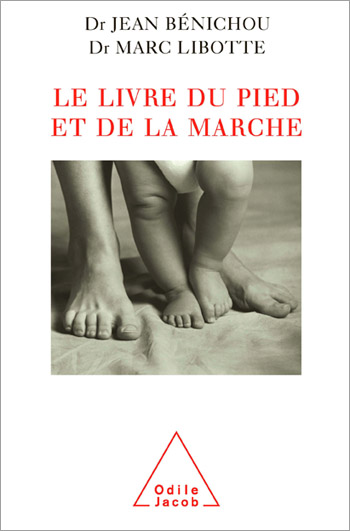
Jean Bénichou, Marc Libotte
The Book of Feet and Walking
Do you have flat feet ? Hollow feet ? How can deviations of the toe be treated ? Sprains ? How can you look after the nails and the skin ? How should you treat athletes foot ? What to make of reflexology ? Why are the feet of children, athletes and senior citizens so fragile ? How is the marvel of bipedalism possible ? What is the position of the foot in our culture ? Dr Jean Bénichou and Professor Marc Libotte are orthopaedic surgeons, specialising in foot surgery.
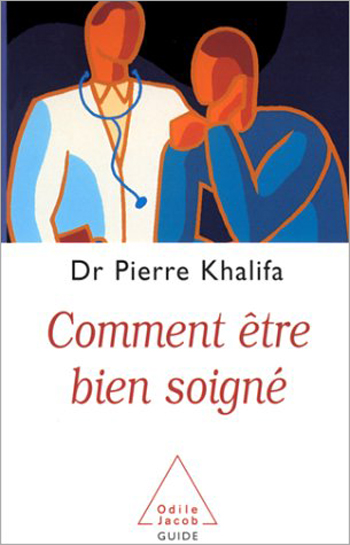
Pierre Khalifa
How to be Well Treated
"The goal of this book is to answer some of the many questions that are asked about patient-doctor relations and healthcare. How should we go about choosing the doctor in whom we will entrust our health? How can we contribute to make our consultation more effective, in order to help our doctor make a better diagnosis and find the most appropriate solutions? And when should we put an end to the relationship of trust with our doctor?" Pierre Khalifa Pierre Khalifa, a specialist in internal medicine, has worked as a house doctor in Parisian hospitals and was formerly a clinical director at the Hôpital Cochin, in Paris.
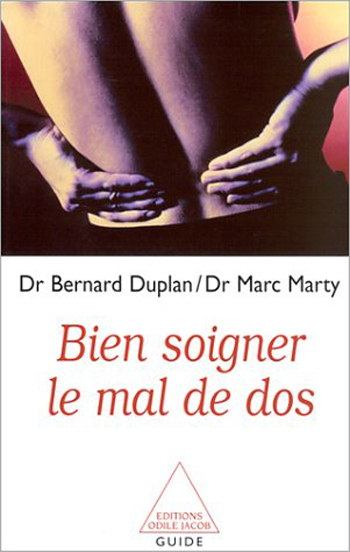
Bernard Duplan, Marc Marty
How to Treat Back Problems
Why do you have backache ? What are the treatments available to you ? Can osteopathy help ? What to do when the pain is persistant and recurring ? How can you protect your back ? What precautions need to be taken in pregnant women and children ? Does the "mental" aspect play a part in curing it ? This book is a thorough guide to current medical knowledge about the causes of backaches, how to prevent them and how to treat them. Bernard Duplan, a rheumatologist, heads a department at the rheumatology hospital in Aix-les-Bains. Marc Marty is a rheumatologist at the Hospital Henri Mondor, in Creteil.
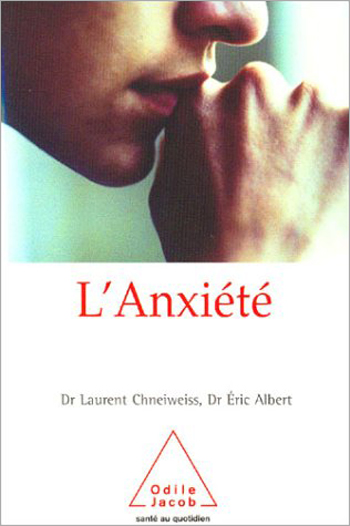
Laurent Chneiweiss, Éric Laurent
Anxiety (New Edition) Day by Day Health
Knots in your stomach and feelings of anxiety are common sensations. But what can be done when anxiety becomes overpowering, handicapping ? What are the symptoms ? When does it become a disease ? How can it be managed on a daily basis ? Who should be consulted ? A simple and practical book to help you to deal with this problem. Eric Albert and Laurent Chneiweiss are both psychiatrists, and specialists in the modern treatment of anxiety.
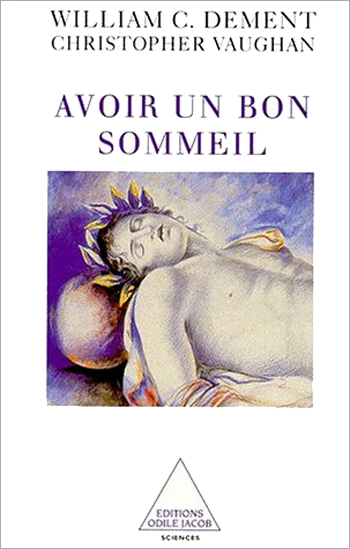
William C. Dement, Christopher Vaughan
How to have a good night's sleep
For more than forty years, William Dement has been researching the subject of sleep and of sleep-related problems. According to Dement, if we dont sleep well, we cannot be healthy; but its impossible to sleep well if we dont know what disturbs our sleep patterns, or what we stand to gain from an adequate nights rest. We are careful about our diets and we make sure we get enough exercise. Yet we often forget that it is equally important to sleep well. Sleep is often sacrificed to the demands of our daily lives. Doctors still tend to minimise the physical, emotional and psychological risks that result from a failure to give sleep its due. This fundamental work by a world-renowned specialist enables us to find out how we should sleep, in order to feel better and keep healthy. William C. Dement is a world authority in the field of sleep and in the treatment of sleep disturbances. In the 1970s, he founded one of the earliest centres specialising in the study of sleep at Stanford University, in California. He continues to teach at Stanford. Christopher Vaughan is the author of How Life Begins : The Science of Life in the Womb.

Pierre Pollak
Parkinson's Disease
There are many aspects of this disease : How does it operate and what causes it ? When does the trembling start ? What are the other symptoms ? What are the newest available treatments ? What can be done when medicines are no longer effective ? What about brain surgery ? Will it be possible one day to perform brain transplants ? With regard to the daily life of a patient suffering from Parkinsons Disease, what are the benefits of gymnastics and massages ? Is it still possible to drive ? Or hold down a job ? What is the best attitude for the people around the patient to adopt ? Pierre Pollak teaches neurology at the University Hospital of Grenoble.


